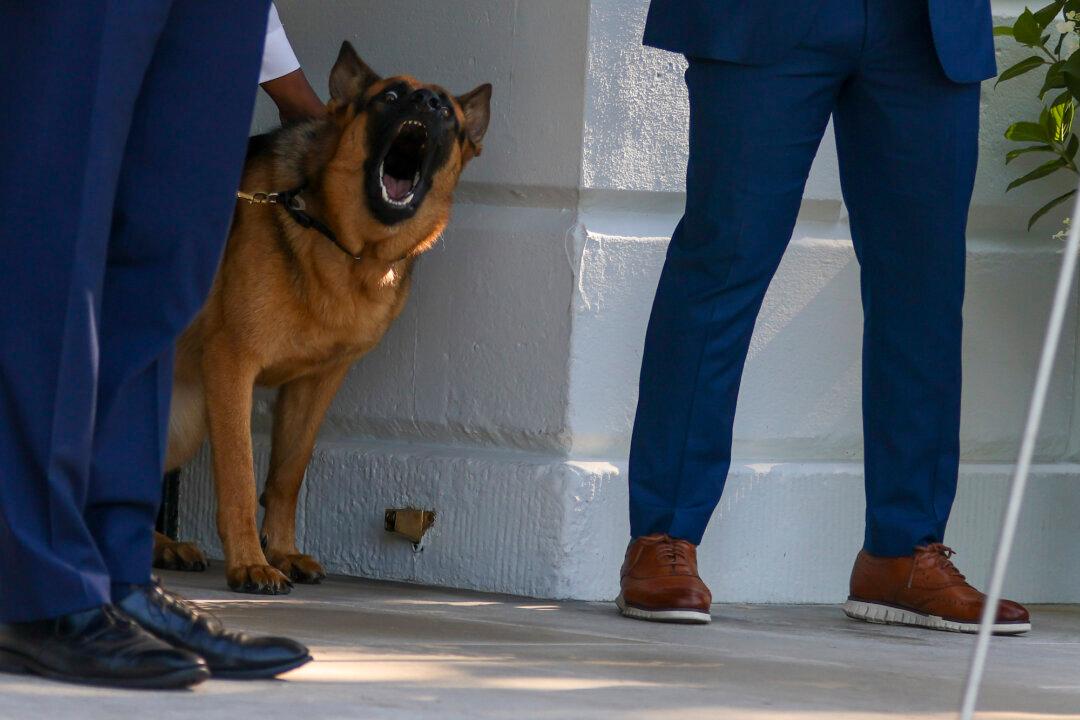For the first time in almost 70 years, the U.S. Centers for Disease Control and Prevention (CDC) is seeking to revise dog import regulations in an effort to keep dog rabies virus out of the country.
Rabies is known for mutating to match the animals it infects. The strain most specific to dogs has not been seen anywhere in the United States since 2004 and was declared to be eliminated throughout the nation in 2007. Being a canine rabid-free country means that dogs may still become infected from rabid wild animals like raccoons, skunks or bats, but they won’t catch dog-specific rabies from another dog.





